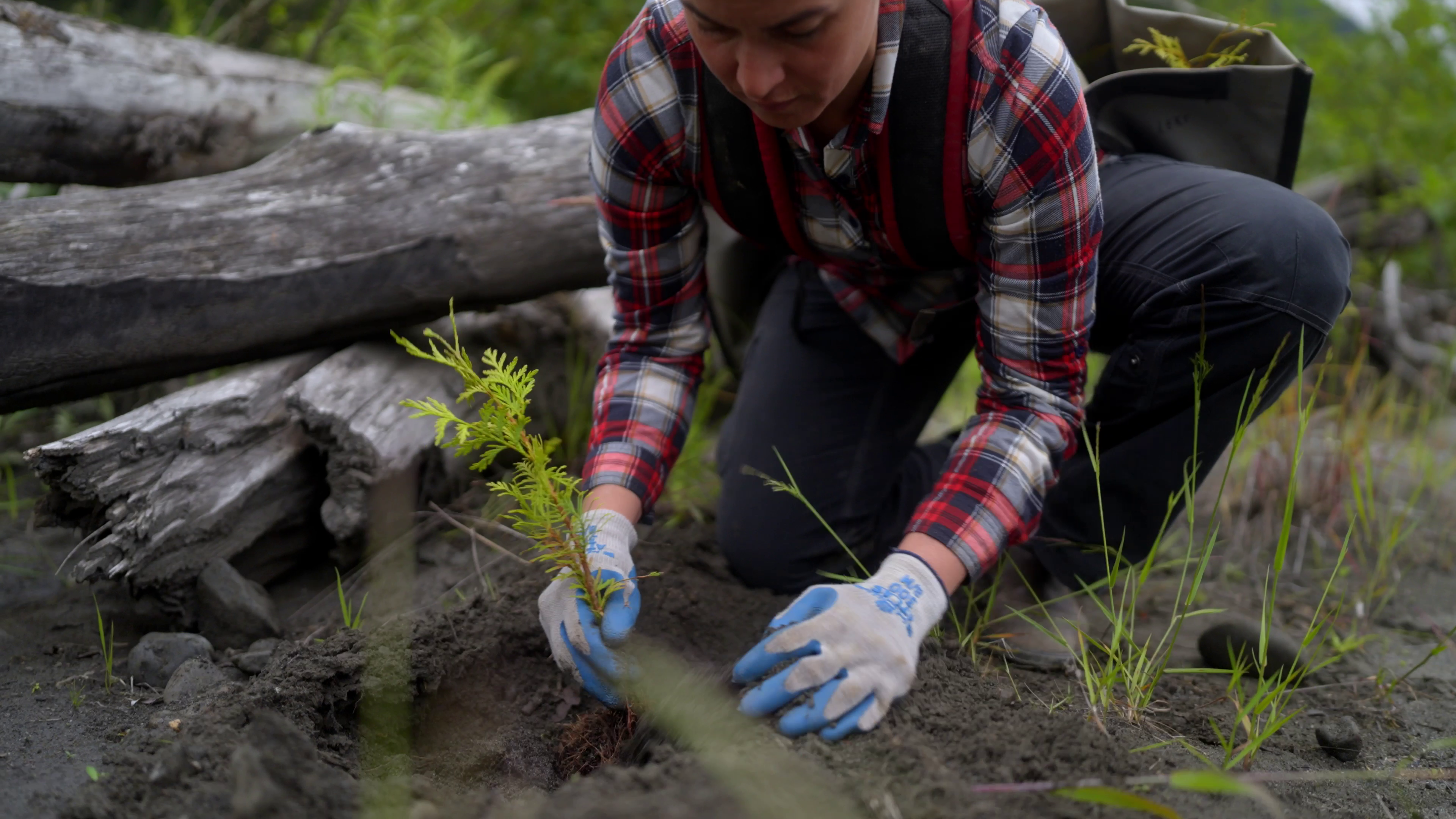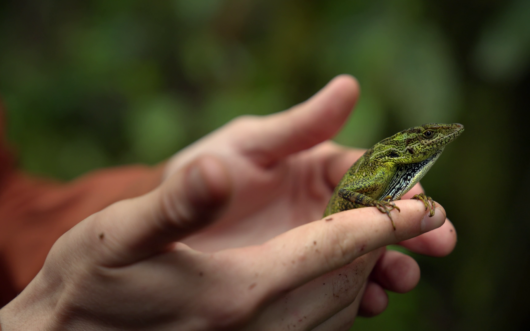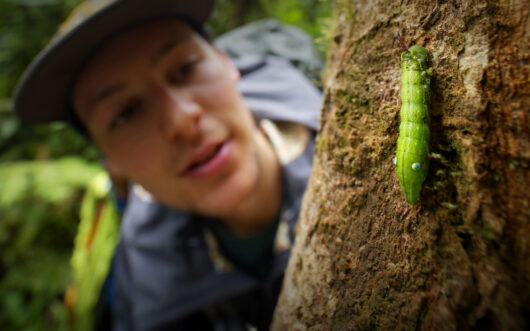Personhood for whales, a big conservation study, and egg-citing news for sea turtles
The Results are in…Conservation Works!
Conservation efforts are effective in the majority of cases — and are essential to curbing global biodiversity loss. That’s the message of a first-of-its-kind study published in April in Science, which analyzed 665 conservation interventions around the world. Researchers found that more than two-thirds of the time, conservation interventions either improved biodiversity or slowed declines, the BBC reports. Particularly effective measures included habitat restoration, invasive species control, and the establishment of protected areas for wildlife.
To see an example of effective habitat restoration in action, watch the Wild Hope episode Return of the Manatees!
Coast Near Elwha River Healthier After Dam Removal
Dam removal on Washington State’s Elwha River began in 2011, after decades of advocacy from the Lower Elwha Klallam Tribe. The removal was a boon for river health — salmon in particular — but conservationists weren’t sure how the megatons of sand and debris that burst from behind the dam would impact the surrounding coast. More than a decade on, a hopeful picture is emerging, according to a new study published in Frontiers in Ecology and Evolution.
At first, the rush of sediment decimated kelp forests along the coastline where the Elwha River meets the Salish Sea and muddied the waters. But in the following years, much of the kelp came back and new ecosystems began to emerge. Geoducks, Dungeness crabs, and sand lances — a key food source for salmon — have moved into the new sandy banks of the river delta. The influx of sediment has also reversed coastal erosion near the river mouth. While the Elwha River and its delta looks different now, its shoreline is healthier than before, High Country News reports.
To learn more about the incredible ecosystem changes seen since the Elwha dam came down, watch Wild Hope’s The Beautiful Undammed.
Pacific Indigenous Leaders Grant Whales Legal Personhood
Several Polynesian Indigenous communities now recognize whales as legal persons, NPR reports. Indigenous leaders from New Zealand, Tahiti, Tonga, and the Cook Islands signed a treaty that they hope will pressure governments to offer more protections to the large marine mammals.
“What we’re trying to achieve here is to provide whales with certain rights,” Māori conservationist Mere Takoko told NPR. “Those rights include the right to freedom of movement, natural behavior, development, cultural expression — which includes language — to a healthy environment, healthy oceans, and indeed the restoration of their populations.”
This recognition for whales is part of a growing movement to grant legal rights to nature, including rivers, individual species, and entire ecosystems. To learn more about the movement, watch Does Nature Have Rights? and read our article about “rights of nature” successes around the world.
In Bangladesh, Olive Ridley Sea Turtle Egg Numbers on the Rise
For the fourth year in a row, olive ridley sea turtle egg counts are going up on the beaches of Bangladesh — thanks to dedicated conservation efforts. Olive ridley sea turtles, named for the color of their heart-shaped shell, live in tropical waters around the world and are vulnerable to extinction. Turtle hunting, egg harvesting, and fishing gear entanglement all contribute to the species’ decline.
But Bangladesh is now fighting back through local education outreach efforts and the creation of a volunteer network that watches over the eggs during the nesting season, Mongabay reports. The efforts have been a resounding success — in just the last year, olive ridley egg numbers have jumped by 53% from 8096 in the 2023 egg-laying season to 12,425 in 2024.
To learn more about sea turtle conservation efforts — and the new technologies scientists are using to track them during their “lost years” at sea — watch the Wild Hope episode Turtle Trackers.



